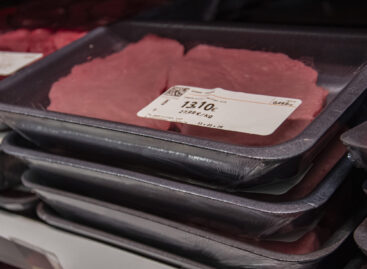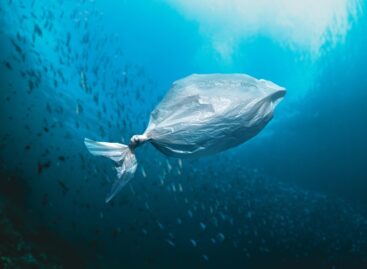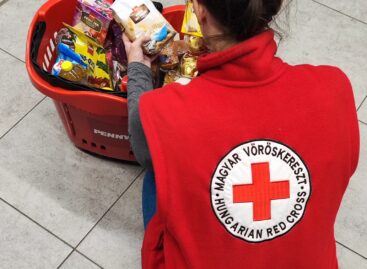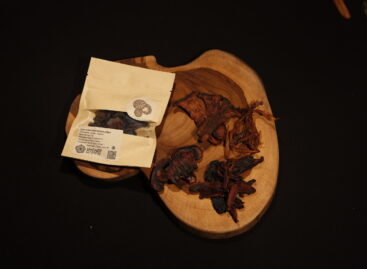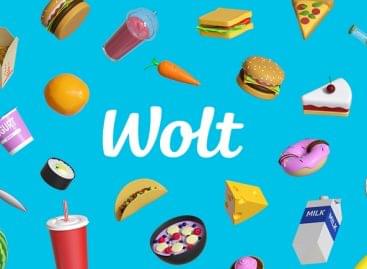Tesco Hungary: Ten years ahead of the schedule set by the United Nations
They save a stunning amount of food and take it to the right places: our magazine asked Tesco Hungary’s community and CSR manager Adrienn Nagy-Peidl about the company’s results and goals in the field of sustainability.
![]() Earlier than many other companies, you managed to meet the Sustainable Development Goals of the United Nations by 2020, having reduced food waste by more than 50 percent since 2016. How did you do this?
Earlier than many other companies, you managed to meet the Sustainable Development Goals of the United Nations by 2020, having reduced food waste by more than 50 percent since 2016. How did you do this?
– One third of the food produced globally ends up as waste, while every ninth person is starving. Food waste isn’t only a social problem but an environmental one as well. Four years ago Tesco Hungary published its annual food waste report for the first time. We are proud of the fact that we have achieved the UN’s Sustainable Development Goal 12.3 ten years earlier than scheduled. Since 2016 we have cut food waste in our operations by 63 percent, saving 9,517 tons of food from the waste bin. Initiatives such as Perfectly Imperfect helped in this: in 150 Tesco Hungary stores shoppers can choose from fruits that don’t look so good but taste great. We also work together with the Hungarian Food Bank Association. Plus Tesco Hungary has managed to reduce its CO2 emission by 30,500 tons.
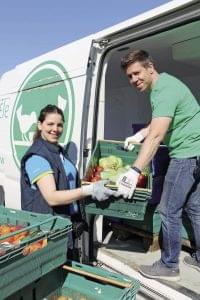
![]() You have mentioned the cooperation with the Hungarian Food Bank Association – you donate food to many people through them. What are your results in this field and to what extent is your attitude and dedication unique on the domestic and international stage?
You have mentioned the cooperation with the Hungarian Food Bank Association – you donate food to many people through them. What are your results in this field and to what extent is your attitude and dedication unique on the domestic and international stage?
– In Hungary we have been running a food saving programme with the Hungarian Food Bank Association since 2014. At the end of each working day leftover food is collected in more than 180 Tesco stores and handed over to the representatives of the more than 200 organisations the charity works with. Between September 2014 and May 2020 we donated nearly 26,600 tons of food this way. We have also made a pledge that by 2025 not a single bite of food will be wasted by Tesco in Central Europe.
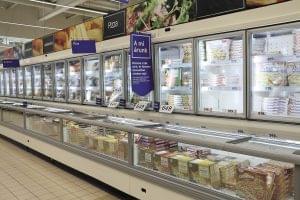
![]() According to the Sustainable Development Goals, the UN wants companies to make changes until 2030 in various fields. Besides reducing food waste, what are your results and plans in environmental protection and sustainability?
According to the Sustainable Development Goals, the UN wants companies to make changes until 2030 in various fields. Besides reducing food waste, what are your results and plans in environmental protection and sustainability?
– Back in 2009 Tesco was the first company in the world to make its business operations completely CO2-emission-free by 2050. So far we have cut our emission level in Hungary by 77 percent. We made another pledge in 2017: by 2030 the Tesco Group will only use energy that comes from renewable sources. In Hungary 100 percent of the energy Tesco utilises is already renewable. We have increased the energy efficiency of stores by 15 percent. By optimising the Tesco Group’s logistics operations, last year our fleet ran 2.1 million kilometres less, cutting our CO2-emission by 1.6 million kilograms. As regards packaging, we have committed to making all of our packaging designs recyclable or reusable by 2025. We are also going to reduce the weight of packaging by 50 percent before the same date. Plus in 2019 we removed 4.5 tons of plastic from our packaging designs. (x)
Related news
PENNY creates real social impact by building on long-term partnerships
🎧 Hallgasd a cikket: Lejátszás Szünet Folytatás Leállítás Nyelv: Auto…
Read more >Related news
Burger, condom and red rose: this is what Valentine’s Day is like at Wolt
🎧 Hallgasd a cikket: Lejátszás Szünet Folytatás Leállítás Nyelv: Auto…
Read more >

